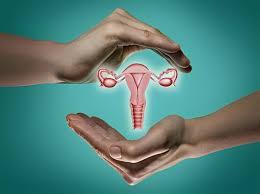- Home
- Our Services
- Tumors
- Tumor Treatment
- About
- Success Stories
- Articles
- Online Examination
-
 English
English
- Contact Us





